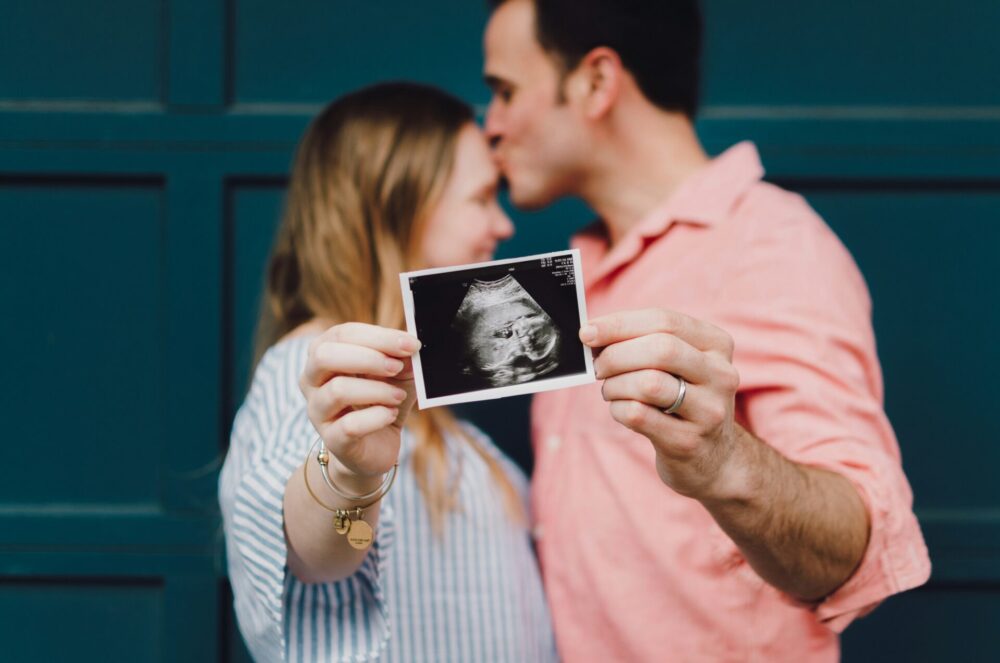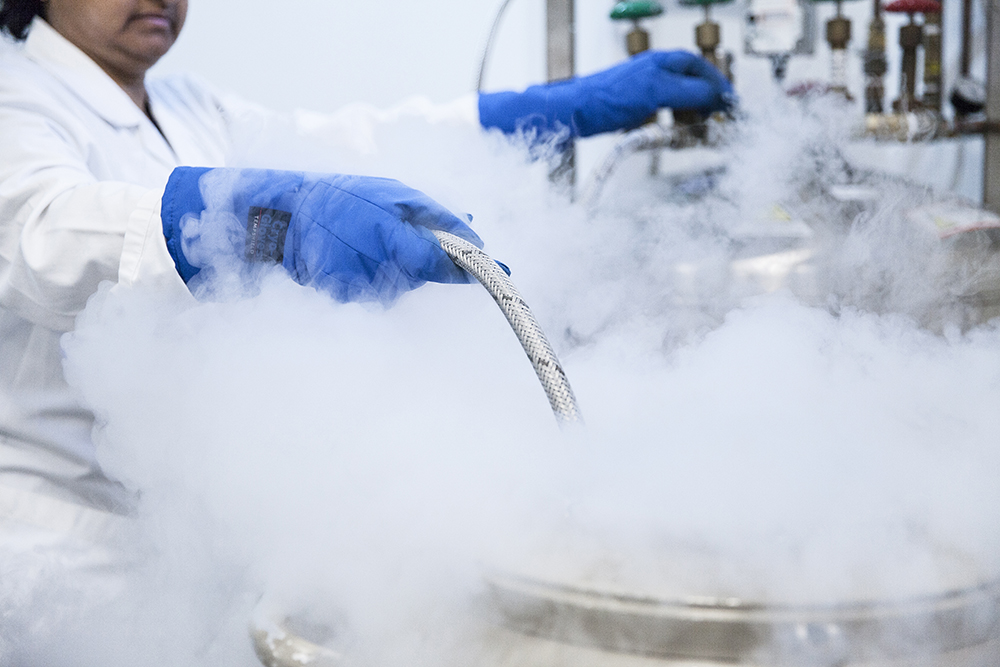BLOG
What is AMH?
Advice
Share this:
All of our blog posts are written, edited, or produced by the Kind iVF Content Team. This is a collaboration between our expert writers, health editors, and the leading researchers and senior doctors at our clinics across the UK.
AMH or Anti-Mullerian Hormone is a hormone produced by cells (granulosa) present in small follicles (egg sacs) within the ovary.
Why is AMH important?
Taking an AMH blood test can be useful to help fertility clinics assess a woman’s ovarian reserve (estimated pool of eggs present in her ovaries) and her ability to produce eggs with the potential to be fertilized for pregnancy. It also helps clinics decide on the stimulation protocol and follicle-stimulating hormone (FSH) dose for ovarian stimulation during In vitro fertilisation (IVF).
AMH has less implications when a woman is trying to get pregnant naturally. But it can be helpful in deciding how long to continue trying for spontaneous pregnancy.
What is a good AMH level?
Broadly AMH between 10 – 25pmol/l is considered as satisfactory egg reserve. In the context of IVF, having a high AMH means you are likely to have more eggs available. Vice versa, low AMH means you are likely to have less eggs available.
What is a good AMH level to get pregnant?
Your AMH level will only tell us the quantity of eggs you have left in your reserve; it won’t tell us the quality of these eggs. For the most part, it is the quality of eggs that is more important than the quantity when it comes to getting pregnant.
It’s worth noting, other factors can impact a woman’s ability to conceive, so AMH isn’t the only measure fertility clinics observe when considering IVF.
How to increase AMH levels?
The simple answer is you can’t. AMH levels are determined by a woman’s egg reserve from birth.
AMH and PCOS
Keep in mind high AMH levels are not always considered a good thing, often high levels of AMH can be a sign of polycystic ovary syndrome (PCOS). PCOS can complicate a woman’s chances of conceiving, but this does not mean IVF is out of the question.
Once you have had your fertility assessment and initial consultation, our consultants can best advise on the course of treatment most suitable for your personal needs. Read more about our patient pathway here.
How does age affect AMH levels?
AMH levels vary by age. Typically, a woman is born with 1-2 million eggs, but with mother nature’s monthly visit, this number will continue to decrease over time; this decline becomes significant from the mid-30s and is especially sharp from age 40 onwards. See Elecsys AMH reference guidance below:
| Age 20 – 24 | 8.7 – 83.6 |
| Age 25 – 29 | 6.4 – 70.3 |
| Age 30 – 34 | 4.1 – 58.0 |
| Age 35 – 39 | 1.1 – 53.5 |
| Age 40 – 44 | 0.2 – 39.1 |
| Age 45 – 50 | 0.1 – 19.3 |
The reference intervals provided represent the 2.5th to 97.5th percentiles for Elecsys AMH measurements in healthy adult women not taking any contraceptive medication.
Is AMH better than FSH testing?
Traditionally follicle-stimulating hormone (FSH) levels have been used to estimate a woman’s ovarian reserve, but due to the fact FSH levels can fluctuate from cycle to cycle and even change during the cycle, FSH is not always the most reliable indicator of egg reserves.
AMH, however, tends to be more stable throughout a cycle and can therefore be tested at any time, dependably.
Combined with the AMH test, a pelvic or transvaginal (ultrasound) scan can be done to check your number of antral follicles (AFC), as a second marker of egg reserve.
AMH Testing
Whether you’re ready to begin your IVF journey or you’d simply like to assess your current fertility status, we’d recommend conducting AMH testing with the support of expert evaluation. At Kind iVF our initial consultation includes both an AMH test and transvaginal ultrasound scan, which help us determine the most appropriate course of action for your individual fertility journey.
Share this:



